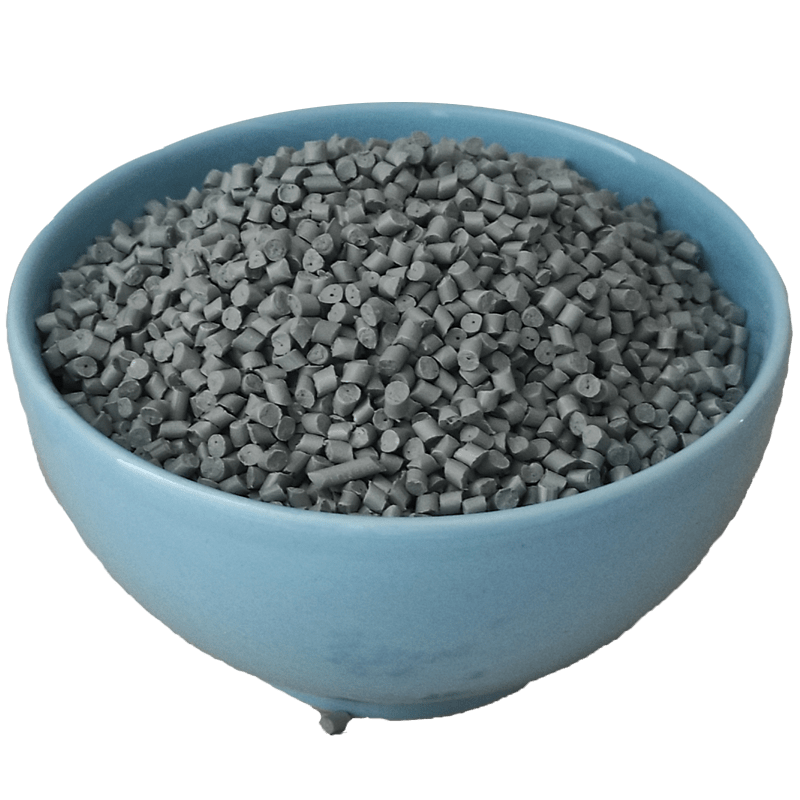-
+98 9194451528
-
info@granuleplus.com
Polymer quality determination laboratory
Relying on today’s knowledge, possessing polymer properties testing equipment, plastic analytics and experienced laboratory staff, Granul Plus Company provides analysis services of materials or parts in order to determine the percentage of materials used in the preparation of the final product according to the customer’s request. Polymer quality determination laboratory offers the following tests:
• Performing tests of physical and mechanical properties
• Chemical analysis and polymer identification
• Thermal tests
according to the standards desired by the customers, including the national standard of Iran and the international standards of JASO, PSA, KES, ASTM, ISO, DIN, EN and JIS.
In addition, this company provides the technical specifications sheet of its products and also the polymers desired by the customers.
Physical and mechanical properties of polymers
A complete set of tests to determine the physical and mechanical properties of polymers can be performed in this section, which include:
• Tensile Properties
• Compression Properties
• Cold crushing or cold mechanical properties
• Flexural Modulus
• Tear resistance
•Pull off test or adhesion strength
• Izod Impact resistance
• Charpy Impact Resistance
• Falling Dart Impact resistance or impact resistance with the falling weight method
• Shore A & D Hardness or Shore A, D hardness resistance
Barcol hardness, density measurement, porosity determination, softening temperature determination (Vicat), thermal deflection temperature (HDT) determination, wear of soft materials, elongation, pressure resistance at different temperatures, melt flow index (MFR), friction coefficient, conductivity determination Thermal, determination of thermal expansion coefficient, soot spreading, rubber rheometry, shrinkage, water absorption, moisture percentage, checking dimensional changes, annular stiffness, perforation.
Analysis of all chemical properties and identification of polymers:
FTIR to determine the type, percentage and type of oil (plasticizer) of tires, determine the percentage and type of mineral fillers used, determine the percentage of carbon black, determine the percentage of polymers used in some samples, determine the percentage of resin in composites, It is used to determine the percentage of ash.
Thermal analysis of polymers (rubber, plastic, composite):
DSC differential scanning calorimetry: This analysis includes measuring the melting temperature Tm, glass transition temperature Tg, crystallization temperature, oxidation induction time (OIT), thermogravimetric analysis (TGA) and measuring the degradation temperature of some polymers.
Differential scanning calorimetry (DSC) and differential thermal analysis (Differential Thermal Analysis) are two thermal methods used to identify polymers and evaluate them. DSC is a method that calculates the energy required to establish zero temperature difference between the sample and the reference material as a function Records time or temperature.
Polymer laboratory services:
Some services that can be provided in the polymer laboratory based on categories:
1- Preparation of samples by various methods (injection, punch, CNC, casting, press, diecut, etc.)
2- Analysis and determination of the polymer base of all types of plastics and composites.
3-Types of physical and mechanical properties tests of polymers (tensile, bending, tear, perforation, hardness, impact, density, Vicat, HDT, etc.)
4-Rheological properties (types of viscosity and MFI).
5- Resistance to atmospheric conditions (types of AGING, humidity, temperature, UV, NCTL, ESCR, chemicals, water, etc.).
- WhatsApp: +989194451528
- info@granuleplus.com
- trelegram: granulplus
- granulplus

